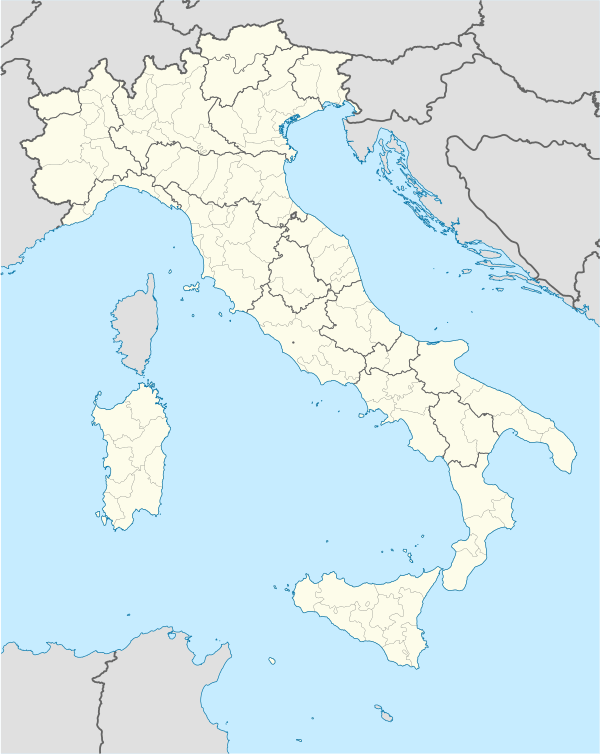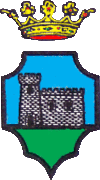Savignone
| Savignone | ||
|---|---|---|
| Comune | ||
| Comune di Savignone | ||
|
Savignone | ||
| ||
 Savignone Location of Savignone in Italy | ||
| Coordinates: 44°34′N 8°59′E / 44.567°N 8.983°ECoordinates: 44°34′N 8°59′E / 44.567°N 8.983°E | ||
| Country | Italy | |
| Region | Liguria | |
| Province | Genoa (GE) | |
| Frazioni | Isorelle, San Bartolomeo, Gabbie, Montemaggio, Ponte Vaccarezza, Sorrivi | |
| Government | ||
| • Mayor | Ettore Navone | |
| Area | ||
| • Total | 21.8 km2 (8.4 sq mi) | |
| Elevation | 500 m (1,600 ft) | |
| Population (31 December 2005)[1] | ||
| • Total | 3,148 | |
| • Density | 140/km2 (370/sq mi) | |
| Demonym | Savignonesi | |
| Time zone | CET (UTC+1) | |
| • Summer (DST) | CEST (UTC+2) | |
| Postal code | 16010 | |
| Dialing code | 010 | |
| Patron saint | St. Augustine | |
| Saint day | August 28 | |
| Website | Official website | |
Savignone (Ligurian: Savignon) is a comune (municipality) in the Province of Genoa in the Italian region Liguria, located about 15 kilometres (9 mi) north of Genoa.
Savignone borders the following municipalities: Busalla, Casella, Crocefieschi, Mignanego, Serra Riccò, Valbrevenna.
History
The area of Savignone was settled probably in the Iron Age. In the Middle Ages it was a fief of Tortona, and in 1242 it was acquired by the Republic of Genoa which entrusted it to the Spinola family. Later it was under the Fieschi, who sold it back to Genoa in 1636. From 1815 it was part of the Kingdom of Sardinia, belonging to Italy from 1861.
Main sights
- Fieschi castle (13th century)
- Palazzo Fieschi (16th century)
- Parish church of St. Bartholomew, housing two canvasses by Luca Cambiaso.
Demographic evolution

